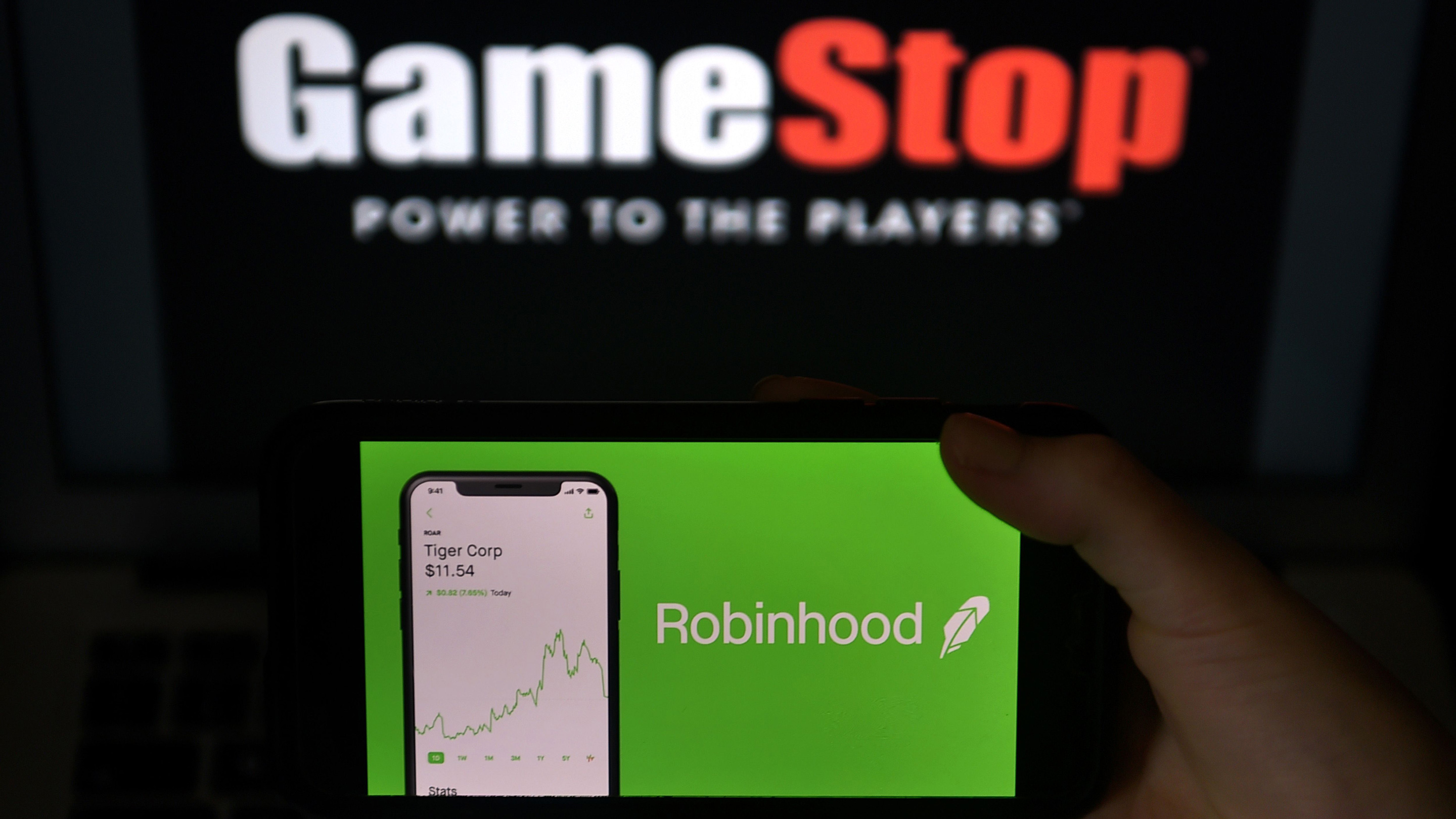Are Americans losing faith in the stock market?
Jeff Horwich: Three hearings in Washington today, all dealing with the idea of trust in the stock markets: Specifically, why ordinary U.S. investors don’t have much right now. Senators are looking at the Facebook IPO, and we’ll get to that in a minute.
In the House, lawmakers are wading into the general waning confidence of ordinary investors in our trading infrastructure. And the Commodity Future Trading Commission, the CFTC, is exploring the massive amount of high-frequency computerized trading that dominates market activity these days.
To talk through why so many people are losing confidence in stock markets, we’ve got James Cox from the Duke University School of Law. Prof. Cox, thanks for being here.
James Cox: Great to be here.
Horwich: First of all, high-frequency trading — remind us just how fast is fast here? And why would this bother other traditional investors?
Cox: Well, for you and I, it’s fast. And if you’re one of these firms that’s lucky enough to have their computers almost side-by-side with those of the trading forum, then you’re even faster. Physical proximity, even within nanoseconds, put a tremendous advantage to the firms that engage in computerized trading, because they’re actually closer to the source, and they actually have a clearer view of the market than you and I would ever have.
Horwich: So if I’m a pension fund or I’m just myself, say, looking to invest in my 401(k), why is this hearing happening with the CFTC? Why am I bothered by so much high-frequency trading?
Cox: Well, the individuals who participate in high-frequency trading will tell you that they provide liquidity and that the pension funds and the insurance companies and the retail investors are all the beneficiaries of that. What they leave out of that equation is that they’re standing at a very privileged position with their computers, because they’re able to have access — by a fraction of a nanosecond — knowledge of your trade — that is the retail investor’s trade, the pension fund, the insurance company’s trade — coming in and they step in front of it.
Horwich: Prof. James Cox from the Duke Law School. Good to talk to you, thank you.
Cox: Great to talk to you, thank you very much.
There’s a lot happening in the world. Through it all, Marketplace is here for you.
You rely on Marketplace to break down the world’s events and tell you how it affects you in a fact-based, approachable way. We rely on your financial support to keep making that possible.
Your donation today powers the independent journalism that you rely on. For just $5/month, you can help sustain Marketplace so we can keep reporting on the things that matter to you.


















